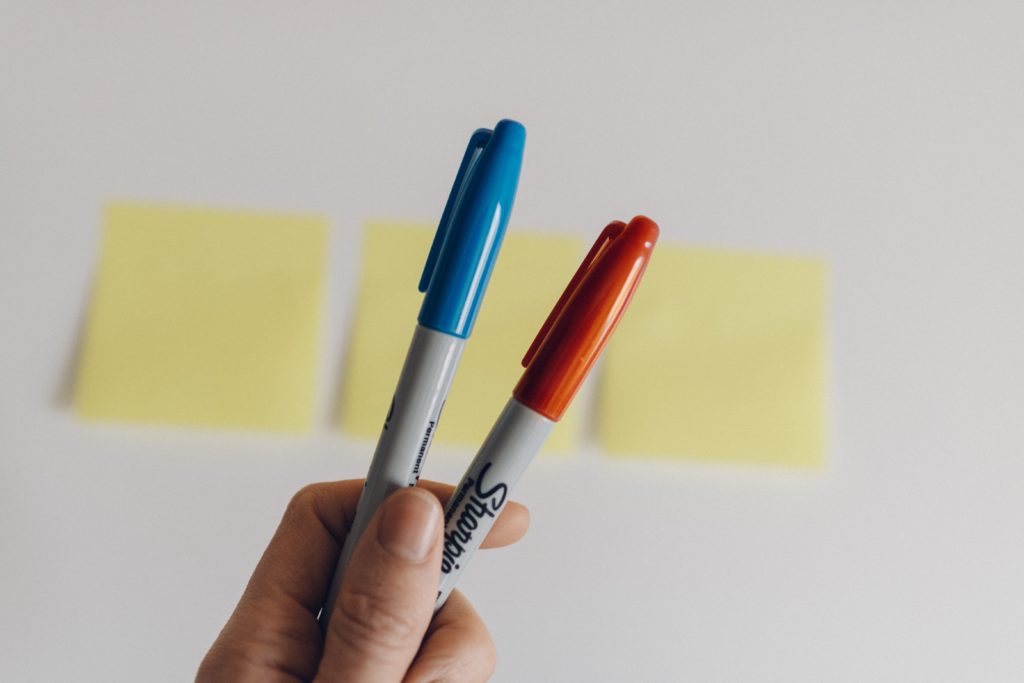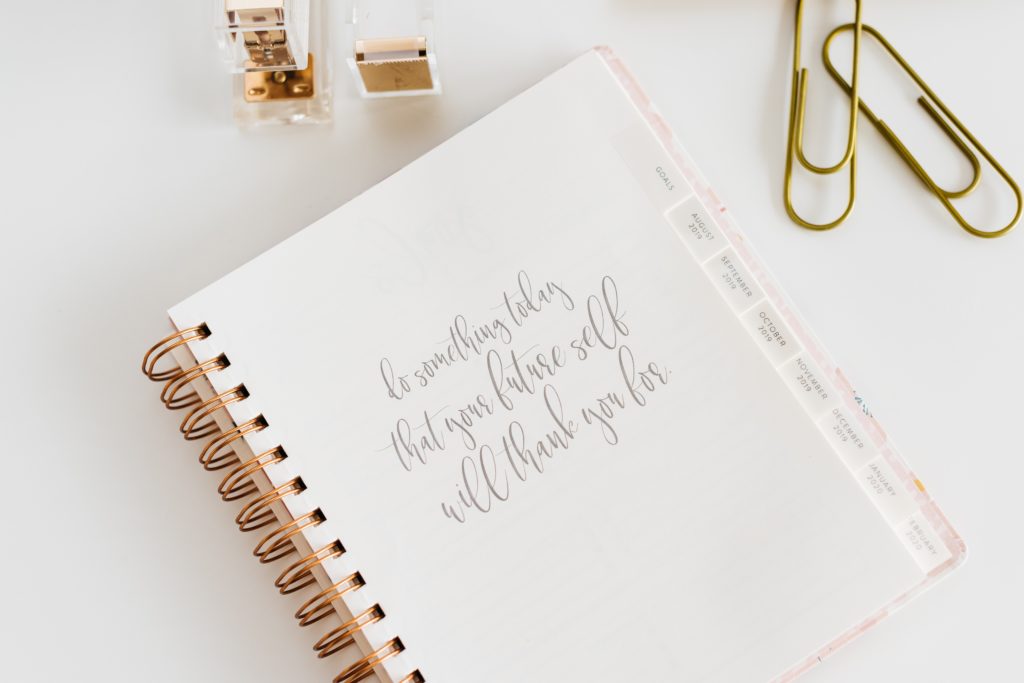I got back to my dorm after a weekend away in another country. I turned my phone on and noticed a missed call from one of the faculty of the college. I had a note on my door as well to call him. Panic hit me as I dialed the number. He told me that my brother had been in a hockey accident that night and I needed to get to the hospital as soon as possible.
I arrived at the hospital around 11p.m.. My brother was in the emergency room, his face scuffed up from the check he received from another player. He had dropped his head for a second to line up the puck when another player came in from the opposing team and shoulder checked Trevor in the chin. He dropped to the ice, but got right back up again. He skated to the bench and his coach sent him to the dressing room after he noticed that Trevor wasn’t making any sense. He proceeded to come in and out of the dressing room with different articles of his uniform and regular clothes on, repeating nonsense each time.

Thankfully, he knew my name when I got there, but I noticed he had about a two-five-minute memory relapse. His body was agitated and restless. He was awake most of the night fidgeting with the big round light above him. I would remind him over and over again what day it was and that it was my birthday. He would try to offer medical equipment to me as my birthday present.
The doctor assessed him the next morning, confirmed Trevor had a concussion, and sent us on our way. We were young and we had no idea what to do. I brought him back to his apartment and spent the night to make sure he was okay. I spent the next few days with him when I realized that he wasn’t.
As I followed him around, I noticed how bad his short-term memory was. He would call a friend and ask to get together with him the next day. However, Trevor would completely forget that he had a conversation only five minutes after having it. I would remind him of the appointment he made and it wouldn’t recall it to his memory. So, Post-it notes became a very resourceful tool in his house. I teased him that he would forget to shower if I didn’t remind him. He would laugh at me and then forget to take the shower!

We were aware of any therapy in 2008 for this type of injury so we did the best we could. Thankfully, his memory started to return by itself over time.
He still has moments that he struggles here and there, but we usually just laugh it off and move on.
Thankfully there are lots of things you can do now for memory building. The biggest thing is creating repetitive routines. The more you repeat something the more your brain will start to recall the exercise. For example, if you take a shower every morning at 7a.m. your body will start to realize that it needs to be awake and do something at that time. Eventually, it’ll remember that you are supposed to shower. Perhaps you lose your keys a lot. Set a basket by the door. Create a habit of putting them in there when you come in the house. You’ll have to have family help you with this for the first bit but eventually it will create a habit for you so you will know where they are when you are coming and going.
Creating lists and checking them off will also help. I had a daily list sitting on my desk at work each day. I would take a few minutes at the end of my shift and write down what I needed to do for the next day. When I got to work in the morning, I would look at the list and remember what it was I had to do. It helped to rebuild time management and prioritization as well.
If looking at your phone doesn’t bother you, schedule appointments and important things you have to do in the calendar on your phone. Set alerts to go off about ten to twenty minutes before you need to leave for an appointment. Make sure that you only get ready and head out the door after you hear the alert. If you start another task in the meantime, it may cause you to forget. If it is an important task that you need to do, like making dinner, set the alert for the time you need to start making it. Again, so that you don’t get distracted by something else in the meantime.

Doing activities like Crossword puzzles, picture and memory card games will also help you rebuild your memory by forcing your brain to recall and recite objects.
Unfortunately, some of the long-term memory that you might have lost before the accident may not return. My brother still can’t remember the day of the accident. He initially couldn’t remember three months before, but now it is only of the day. But perhaps that is a good thing.
Try not to get frustrated with yourself and do the best you can. Explain to people early on that you have a memory problem and don’t be afraid to ask for help. If you practice routines and do activities to help rebuild your memory, most of it will return in time. Stress will cause that process to slow down, so do your best and whatever doesn’t work, just laugh it off. It’s the best way to handle it.
Okay, now make a list of daily routines you want to set, get your phone and set alerts before you forget this message!




